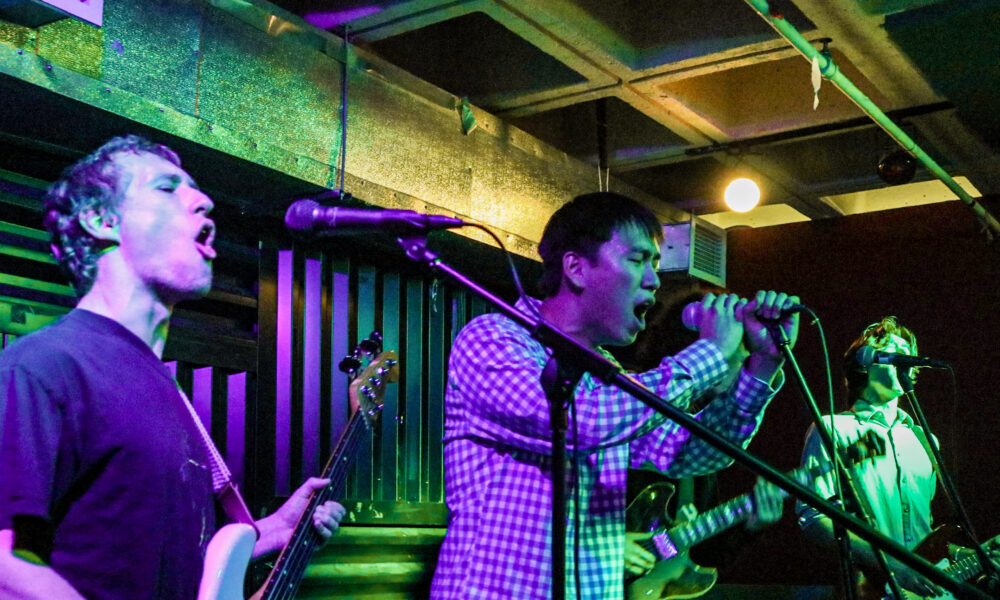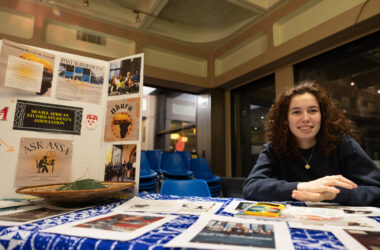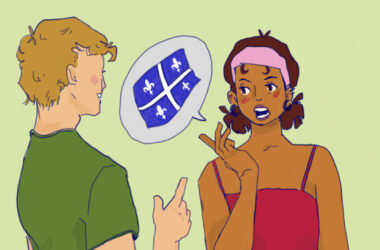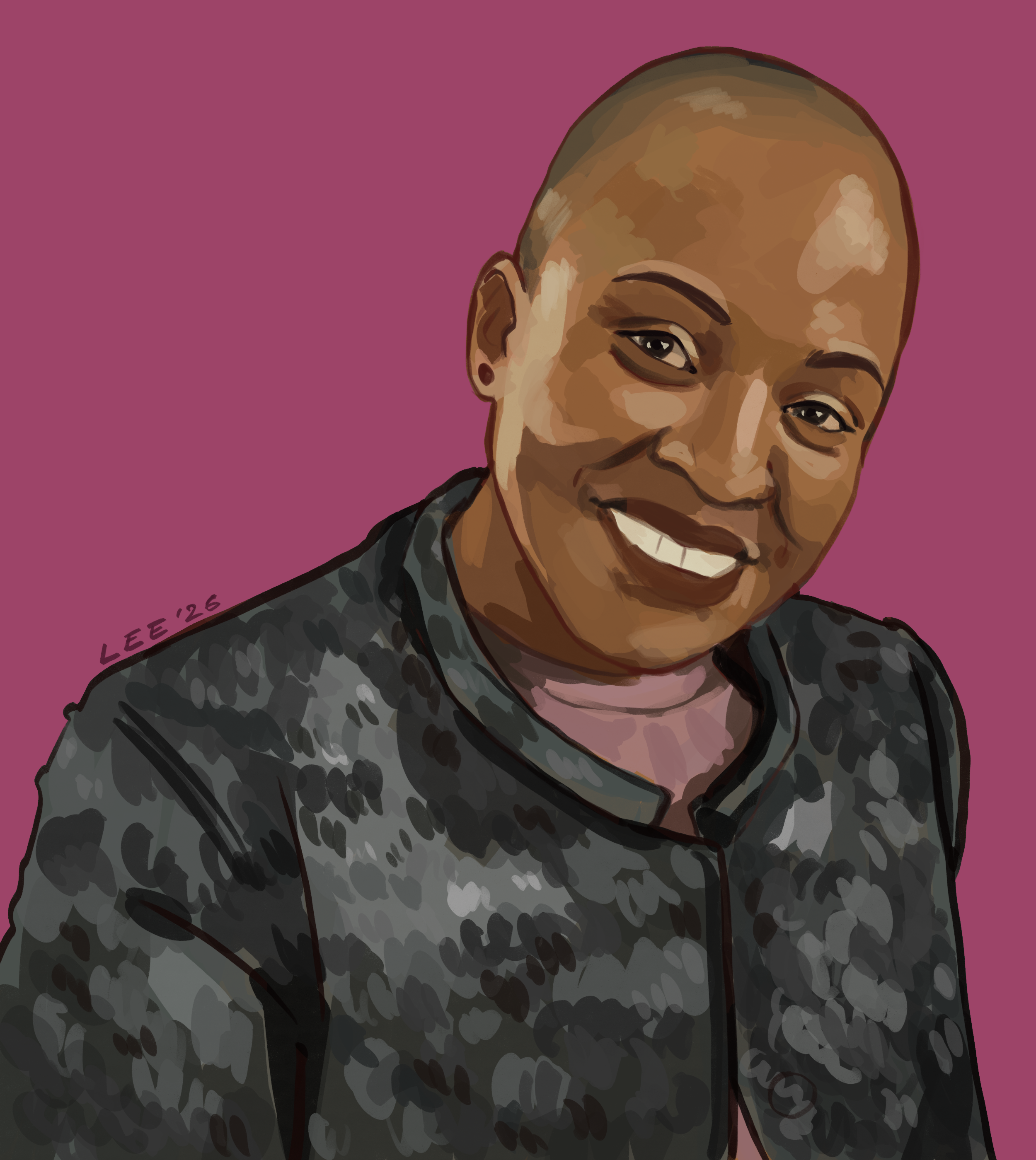If you walked past rue McTavish Friday night, Nov. 21, you most likely heard the sounds and vibrations of live music emanating from Gerts Bar. Borderless World Volunteers (BWV) is a McGill club focused on empowering undergraduate students to lead and assist in development projects in Montreal and abroad. Their most recent fundraiser was a lively Battle of the Bands to raise money and awareness of the ongoing genocide in Sudan.
Vice Presidents of External Fundraising Angélique Gouws, U3 Arts, and Anna Nogael, U4 Management, organized the event. Gouws expressed the club’s motivation and thought process behind the event in an interview with The Tribune.
“There is a huge crisis in Sudan and [it] doesn’t have a lot of news coverage at all, so I thought we might as well try and see if we can get some funds going towards [those affected].”
Borderless World Volunteers donated 15 per cent of all ticket sales to Ethar Relief, an organization focused on supporting refugee crises in regions that have been neglected by the international community through comprehensive development projects and aid. Ethar is currently focused on addressing crises in Sudan, Yemen, and Djibouti.
Gouws shared that it was important to her and BWV to make a contribution to an organization that would have an impact on the ground in Sudan.
“I tried to find an organization that […] we can see that there is tangible evidence of them going in and having a real impact in the communities,” Gowan said.
Six bands played at Gerts for the event, and all were happy to contribute to the charitable cause that BWV was supporting.
“It was cool, there were quite a couple bands that I reached out to and they all seemed willing to do it. They all were really chill with the fact that we didn’t pay any of the bands, they were all happy that it’s a fundraiser,” Gowan said.
Gowan emphasized BWV’s awareness of how development projects can often slide into neocolonial interventions with underlying presumptions of white saviourism, a problematic tendency the organization is conscious of circumventing.
“A big issue with development projects is that it ends up pushing a kind of neocolonial agenda, and that’s something that we’re really trying to make sure we’re not doing. We’re really trying not to do that by sending people to other countries,” Gowan said.
Adrienne Calzada, U4 Arts student and Co-President of BWV, illuminated the club’s mission and origins.
“The club was founded in the early 2000s so we have been at McGill for a while [….] It was founded with the intention of giving undergraduate students opportunities to apply what they learned. The point of the club is essentially to bridge the theoretical learnings that we learn at McGill.” Calzada said.
While the club initially catered to students studying international development, it has expanded over the years to include the broader McGill undergraduate community.
“What we’ve done over the years is […] branch out to other faculties because there is […] a space for every faculty in this sort of movement,” Calzada said.
Calzada also shared what BWV is looking to achieve this year both locally and abroad.
“Right now we’re working with a women’s shelter in the city and are in the process of finding an NGO that we want to work with this year, and our end goal is to raise enough money to send a couple students abroad over the summer so that they can take place in like grassroots sustainable initiatives,” she explained.
Fundraising events like the Battle of the Bands not only generate tangible financial support in the face of violence and destruction but also make Sudan’s genocide—which remains vastly underreported in mainstream media—more visible within the McGill community. It serves as a critical reminder that awareness itself is the first step in resisting international neglect and apathy.









